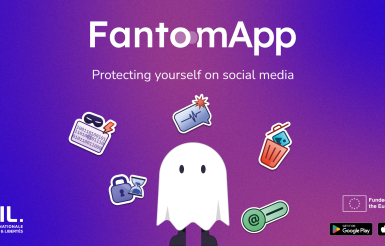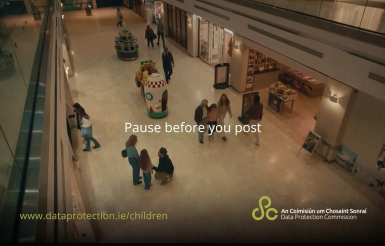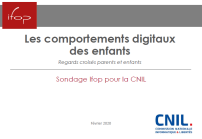Digital rights of children
Children have digital rights and they must be able to exercise them. The CNIL wants to provide appropriate support, with the help of parents and professionals. These recommendations will be updated over time, based on the outcome of the CNIL's work with the various other parties involved.
CNIL publishes 8 recommendations to enhance the protection of children online
In order to help/support young people, parents and professionals develop a digital environment that is more respectful of children's best interests, the CNIL has published 8 recommendations.
Regulate the capacity of children to act online
Recommendation 1
Children represent one of the largest user groups of social networks. By creating an account and ticking a box to agree to the terms and conditions, they are in fact entering into a contract.
Encourage children to exercise their rights
Recommendation 2
There are several legal and practical reasons why children should be allowed to exercise their own digital rights.
Support parents with digital education
Recommendation 3
Parents are key when it comes to the digital education of children. But they need to be given ways to help them protect their rights, while respecting their best interests.
Seek parental consent for children under 15
Recommendation 4
The law does to a certain degree accept a child's consent to the processing of data, accompanied by parental consent when the child is under 15.
Promote parental controls that respect the child's privacy and best interests
Recommendation 5
Parental controls are a tool for protecting children online. However, the CNIL calls for vigilance when it comes to certain very intrusive features.
Strengthen the information and rights of children by design
Recommendation 6
Everyone, even children, must be properly informed about how their data is used. This information should be age-appropriate and accessible.
Check the age of the child and parental consent while respecting the child's privacy
Recommendation 7
Checking a child's age and parental permission is a complex but crucial issue: how can we protect children if we cannot identify them or know who has parental authority?
Provide specific safeguards to protect the interests of the child
Recommendation 8
Strengthening the rights of children should also involve specific protection measures by design on the websites, services and apps they are likely to use.





